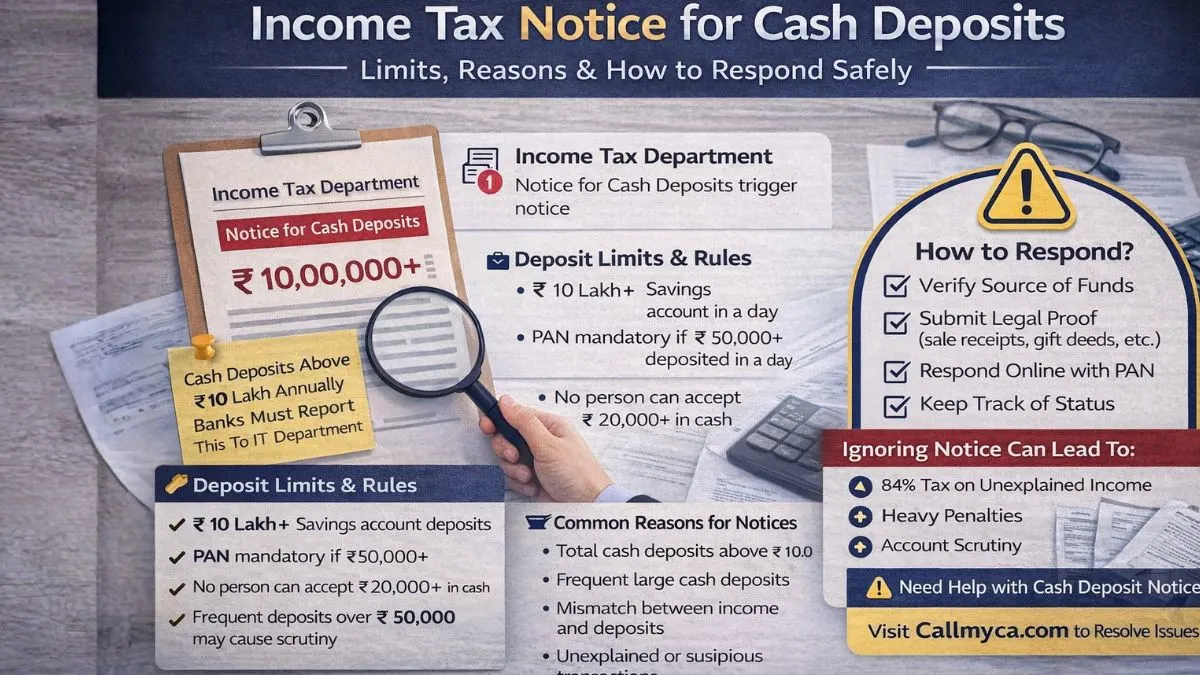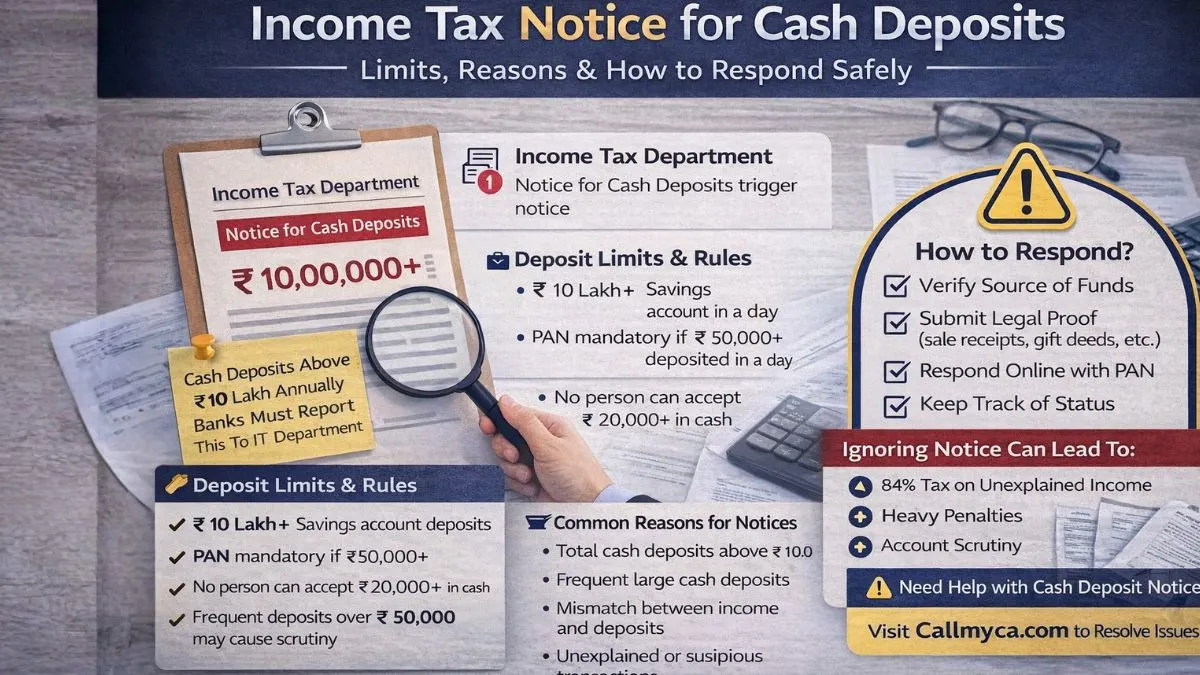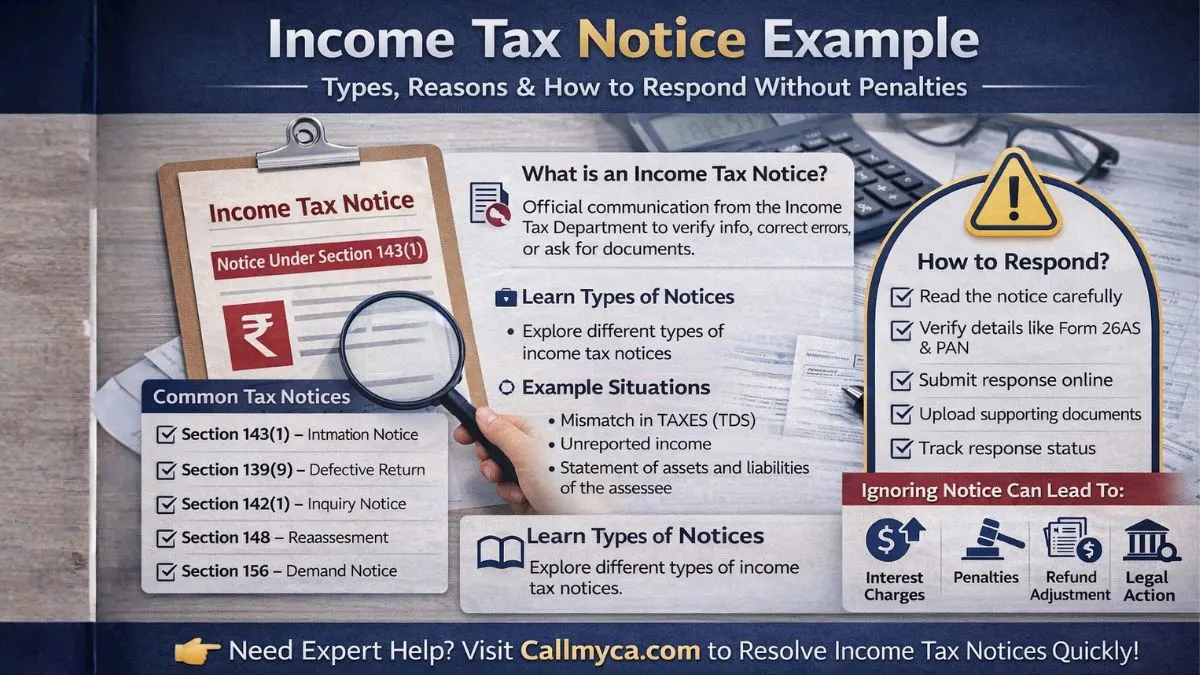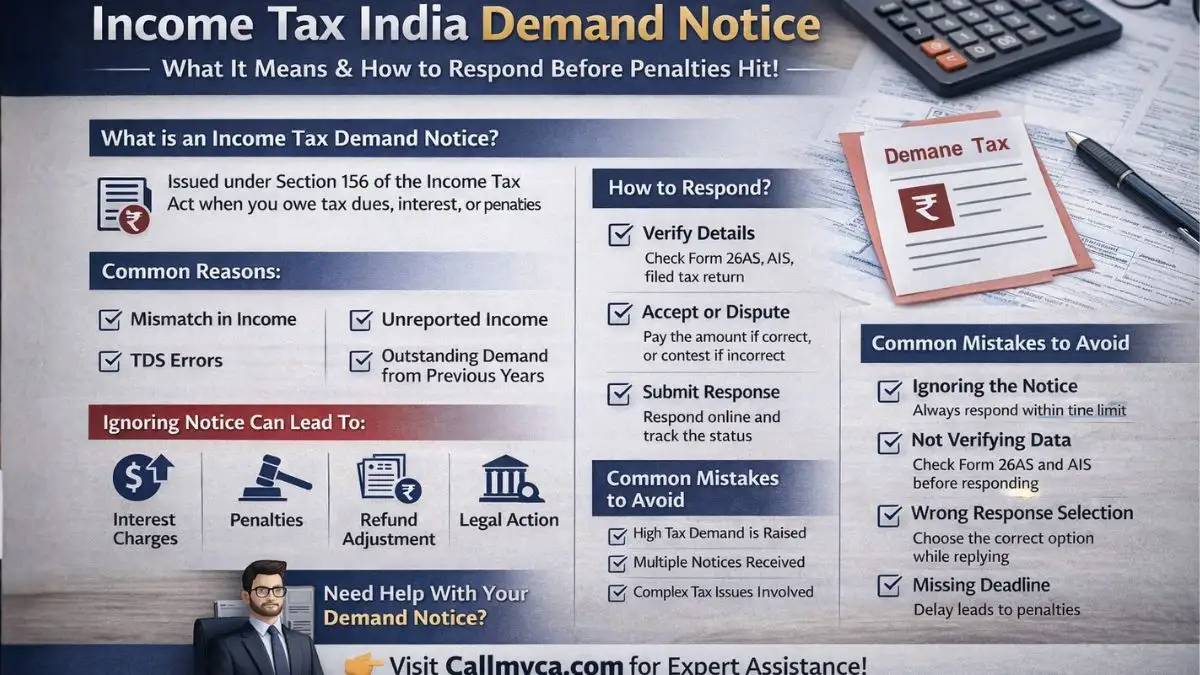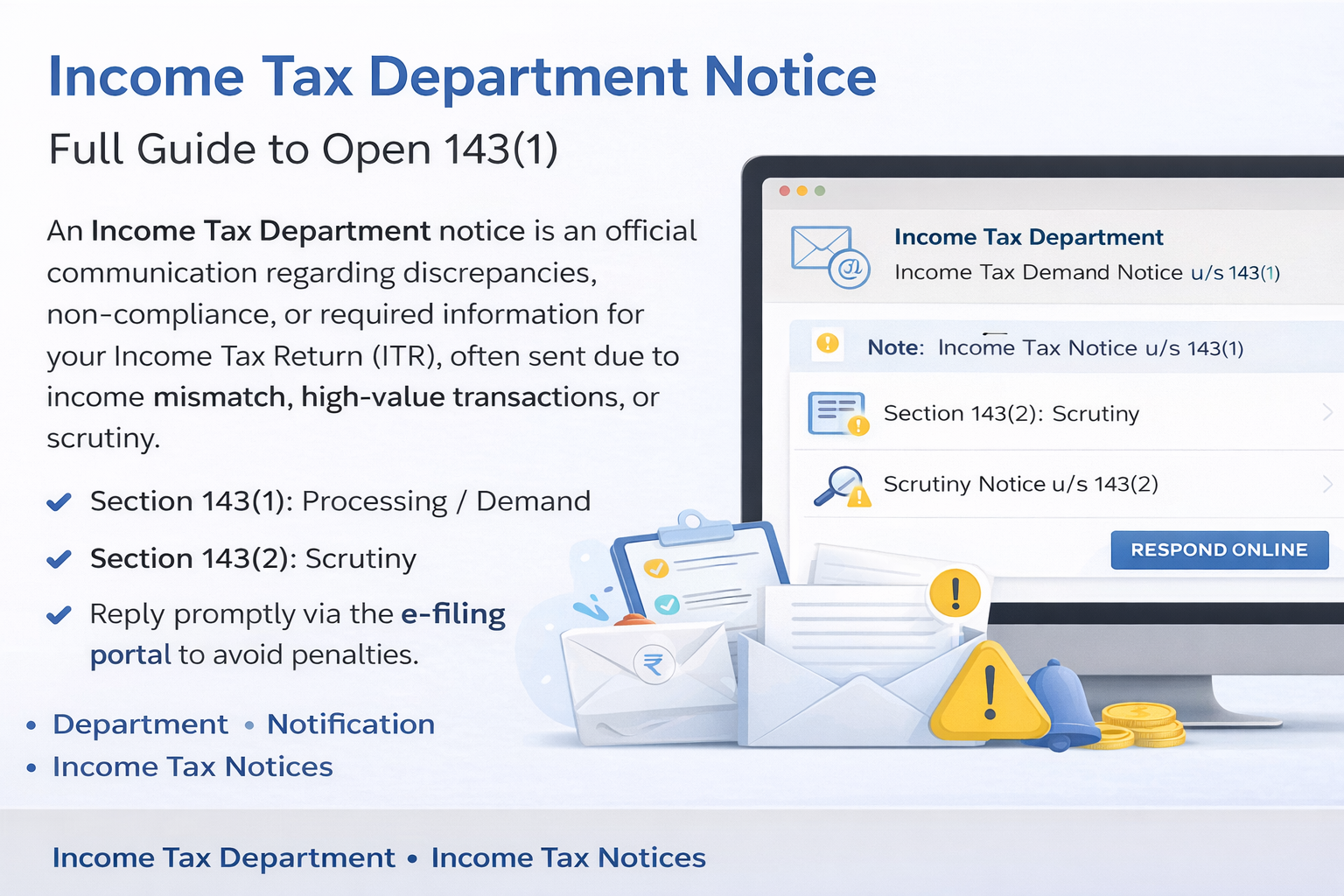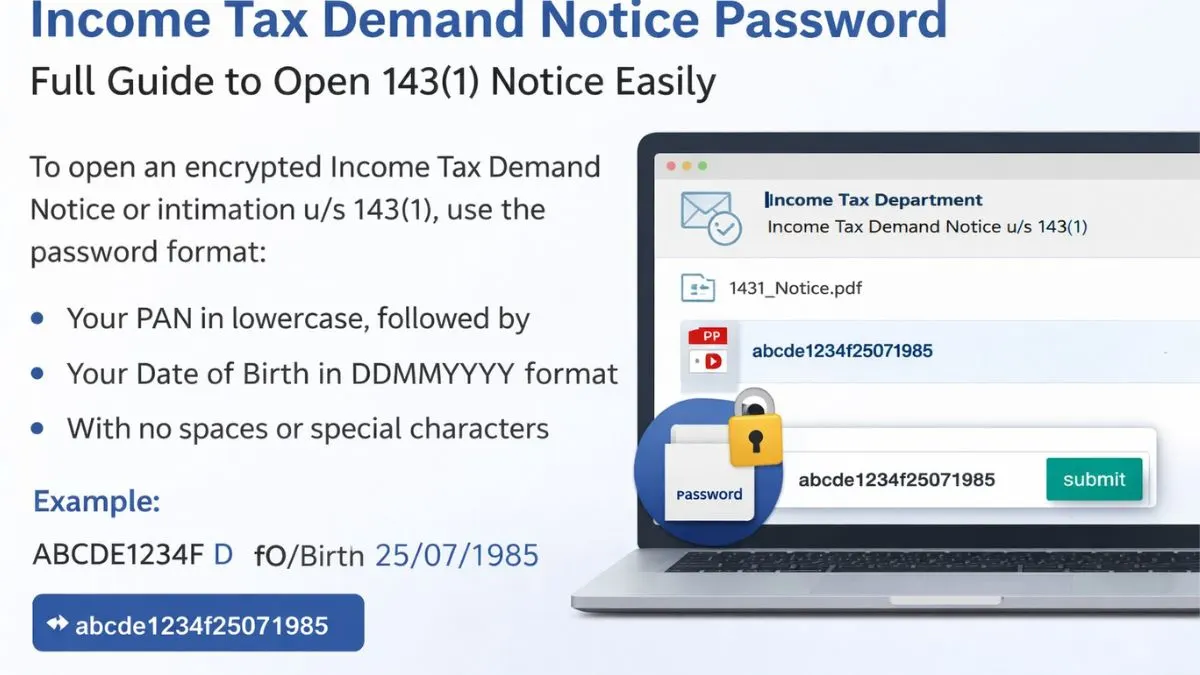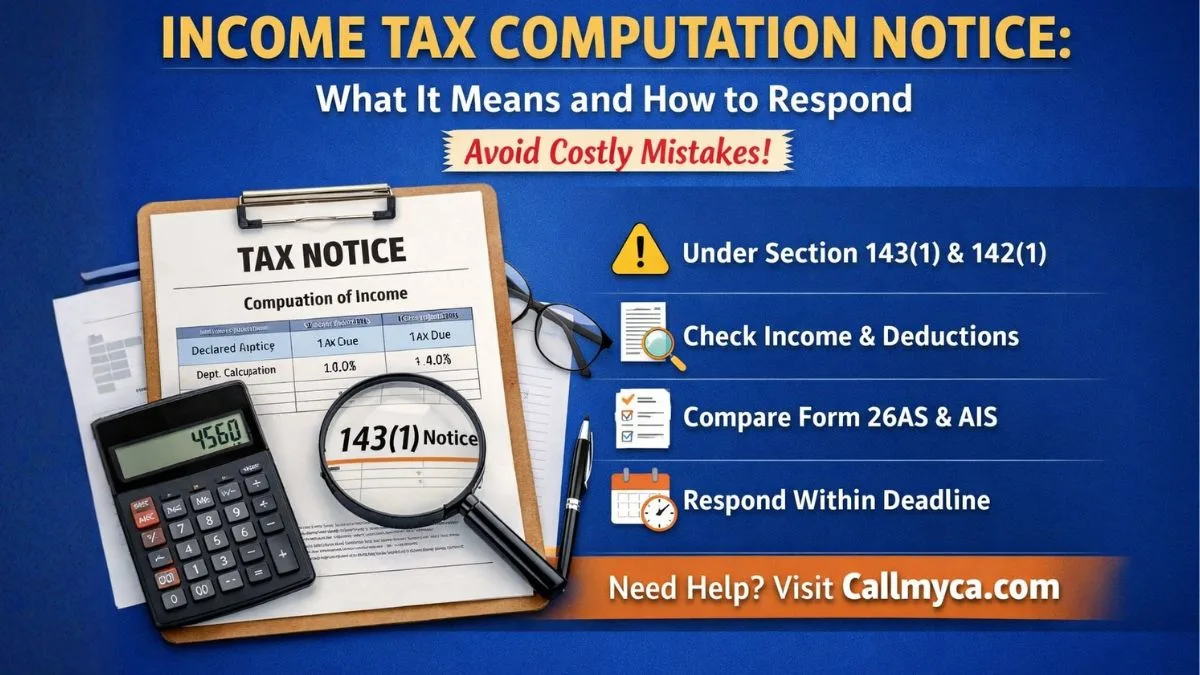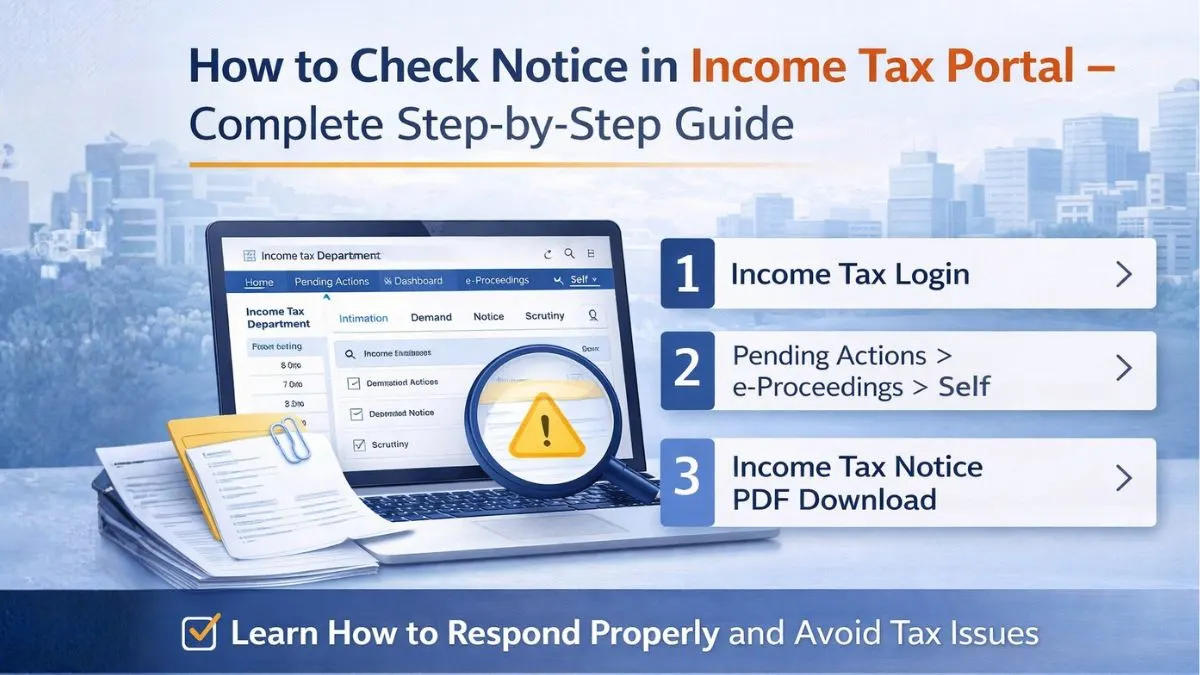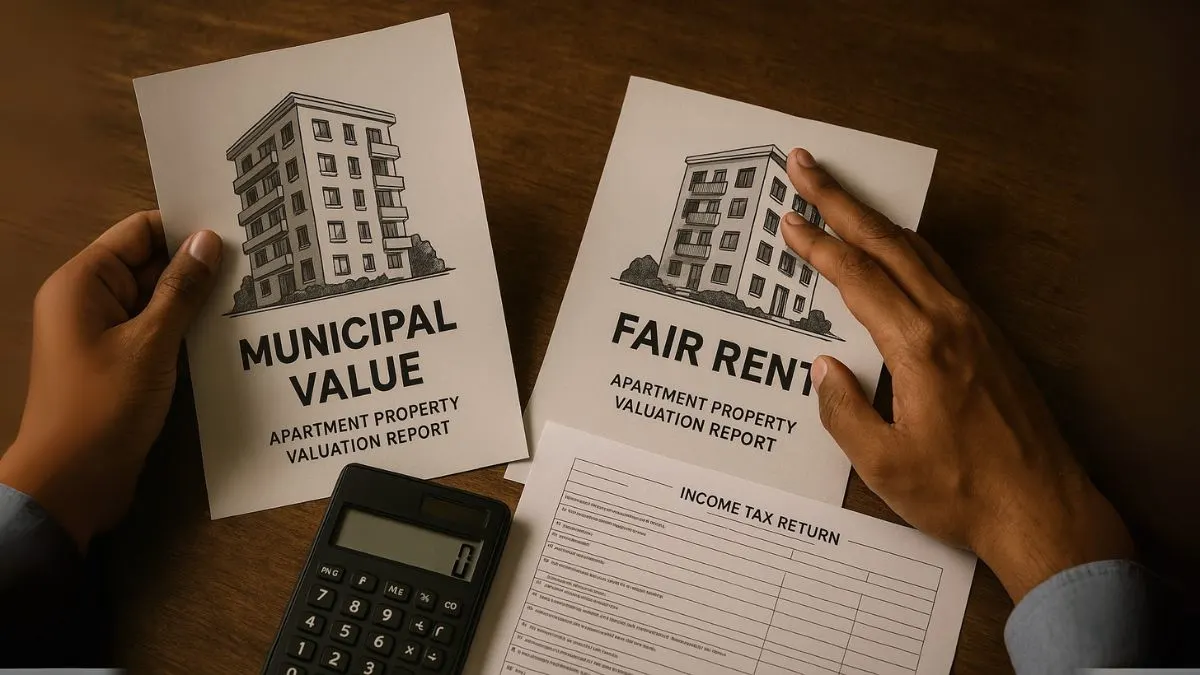
When it comes to owning a house property, it’s not just about location and rent—it’s also about how that income is taxed. That’s where Section 23 of the Income Tax Act steps in. This section plays a critical role in determining how the annual value of your property is calculated, which directly impacts your taxable income under the head "Income from House Property."
Let’s break it down in simple terms.
What is Section 23 of the Income Tax Act?
Section 23 is the backbone of property income taxation in India. It deals with the determination of the annual value of a property, which means the value the property is expected to fetch if let out from year to year.
But here’s the twist—it’s not always about the actual rent received. The Income Tax Department may consider a notional rent if they feel your property is capable of earning more than what you’re getting!
How Annual Value is Determined under Section 23
Let’s say you own a residential apartment in Mumbai.
- Actual Rent Received = ₹40,000/month (₹4,80,000/year)
- Fair Rent (market rate) = ₹45,000/month
- Municipal Value = ₹4,50,000
- Standard Rent under Rent Control Act = ₹4,75,000
The annual value will be the higher of:
- Actual Rent Received
- Fair Rent or Municipal Value (whichever is higher), subject to Standard Rent
So, in this case:
- Higher of Fair Rent ₹5,40,000 or Municipal Value ₹4,50,000 = ₹5,40,000
- Limited to Standard Rent ₹4,75,000
Since Actual Rent ₹4,80,000 is higher than ₹4,75,000 (capped Standard Rent), Annual Value = ₹4,80,000."
Types of Properties and How Section 23 Applies
- Let-Out Properties:
- Taxable on the annual value (as determined above).
- If the property is vacant for part of the year, actual rent received will be considered, provided it is less than the expected rent.
- Self-Occupied Properties:
- The annual value is considered nil, and only interest on loan (up to ₹2 lakh) can be claimed under Section 24.
- Deemed Let-Out Properties (when you own more than two houses):
- Even if they are not rented, notional rent will be considered as the annual value.
Why Section 23 Matters for Taxpayers
If you're a salaried individual with rental income or a real estate investor, this section is your tax reality check. It determines how the taxable income of a person is calculated from house property, whether it’s the actual rent received or an estimated rent that could’ve been earned.
It’s especially relevant when:
- You’ve kept the property vacant.
- You're earning below-market rent.
- You're trying to optimise your tax deductions.
Important Points to Remember
- Annual Value ≠ Just Rent Received – It may include notional figures.
- Vacancy Allowance is available only if the property was let out but remained vacant during the year.
- You can claim a standard deduction of 30% under Section 24(a) on the annual value."
- Interest on home loan is deductible separately under Section 24(b).
Bonus Tip: Impact of Section 23 on House Property Tax Planning
Planning to buy a second house? You must factor in Section 23 & its notional rent implications. Even if you don’t earn a single rupee from your second house, the Income Tax Department might still assume a certain value and tax you accordingly!
Want help calculating your property income tax liability or filing it right?
Let the experts at Callmyca.com help you make tax-smart decisions. Book a service today and keep your returns stress-free!

